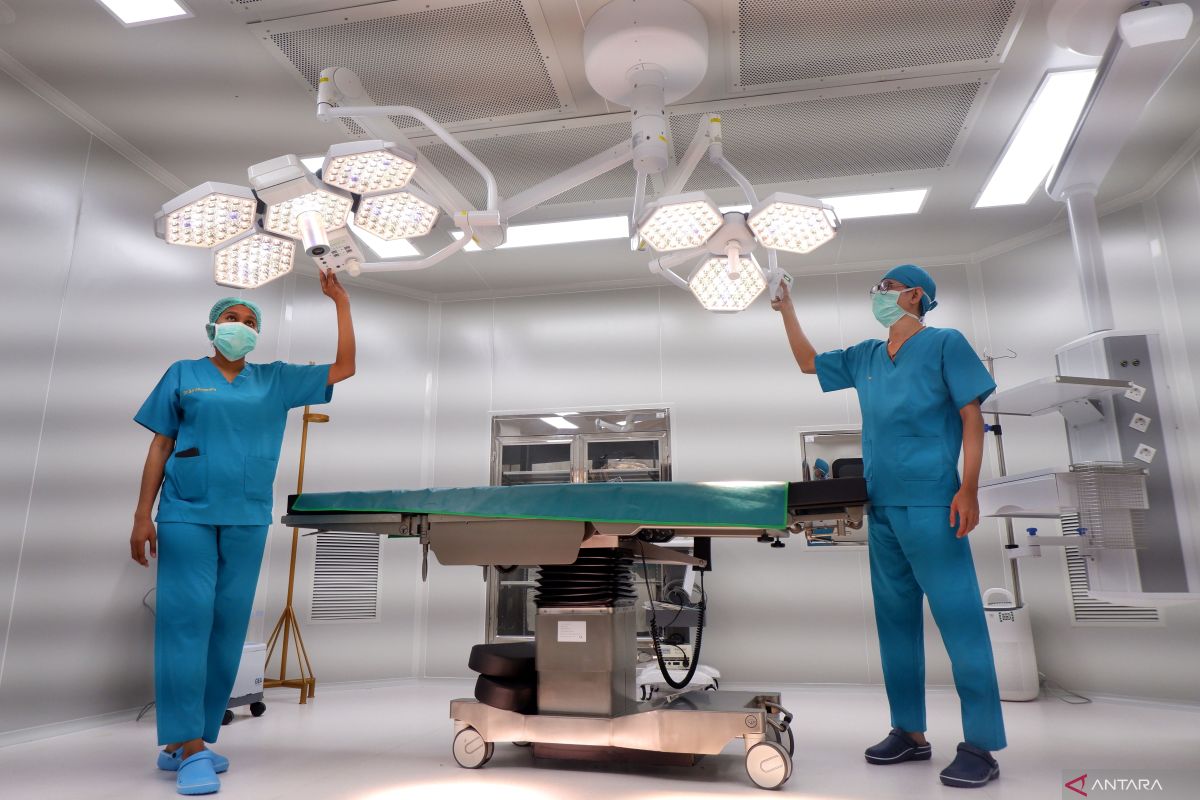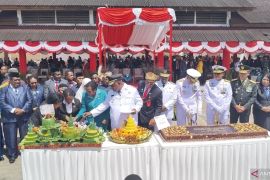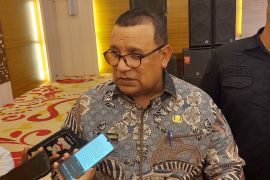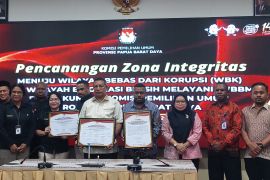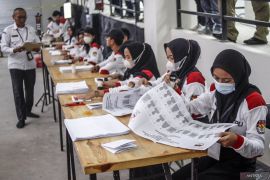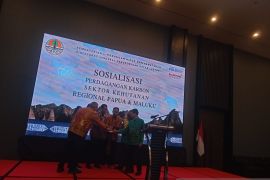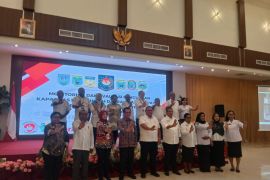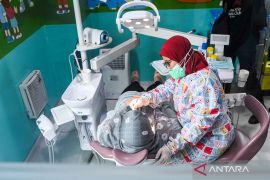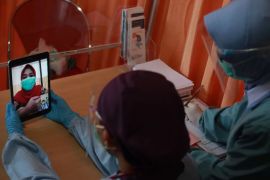The province's head of health, population control, and family planning office, Naomi Netty, stated on Thursday that the Health Ministry has launched six pillars of health transformation.
These pillars encompass primary services, referral services, health resilience, health financing, human resources, and medical technology.
Netty emphasized the importance of focusing on these six pillars to optimize healthcare services in Southwest Papua.
"To achieve this, the Southwest Papua provincial government is introducing technology-based services through the provision of medical devices in multiple health centers," she said.
She noted that the existence of modern medical devices can help accelerate the diagnosis of patients' diseases.
Her office has also designated Jhon Piiet Wanane Hospital as a cardiovascular service center equipped with advanced medical technology.
Meanwhile, the Sele Be Solu Hospital in Southwest Papua is designated for the treatment and handling of cancer diseases.
"We will implement telemedicine transformation to facilitate consultation between doctors and patients in remote areas," Netty remarked.
This technology-driven health transformation aims to create a healthy, smart, and prosperous Southwest Papua.
Acting Governor of Southwest Papua, Muhammad Musa'ad, highlighted the need for tailored healthcare services to address the specific needs of the local population.
He noted that shamans are still present in Papua and play a role in healthcare, particularly in childbirth and traditional healing.
Musa'ad expressed hope for government support, such as education and training, to enable shamans to integrate modern medical practices into their work.
"This unique aspect of Papua can be incorporated into our overall healthcare plan," he concluded.
Related news: BPJS Kesehatan expands health insurance coverage to remote areas
Related news: Around 13 percent of Indonesians suffer from diabetes: Health Minister
Translator: Yuvensius B, Kenzu
Editor: Aditya Eko Sigit Wicaksono
Copyright © ANTARA 2024
